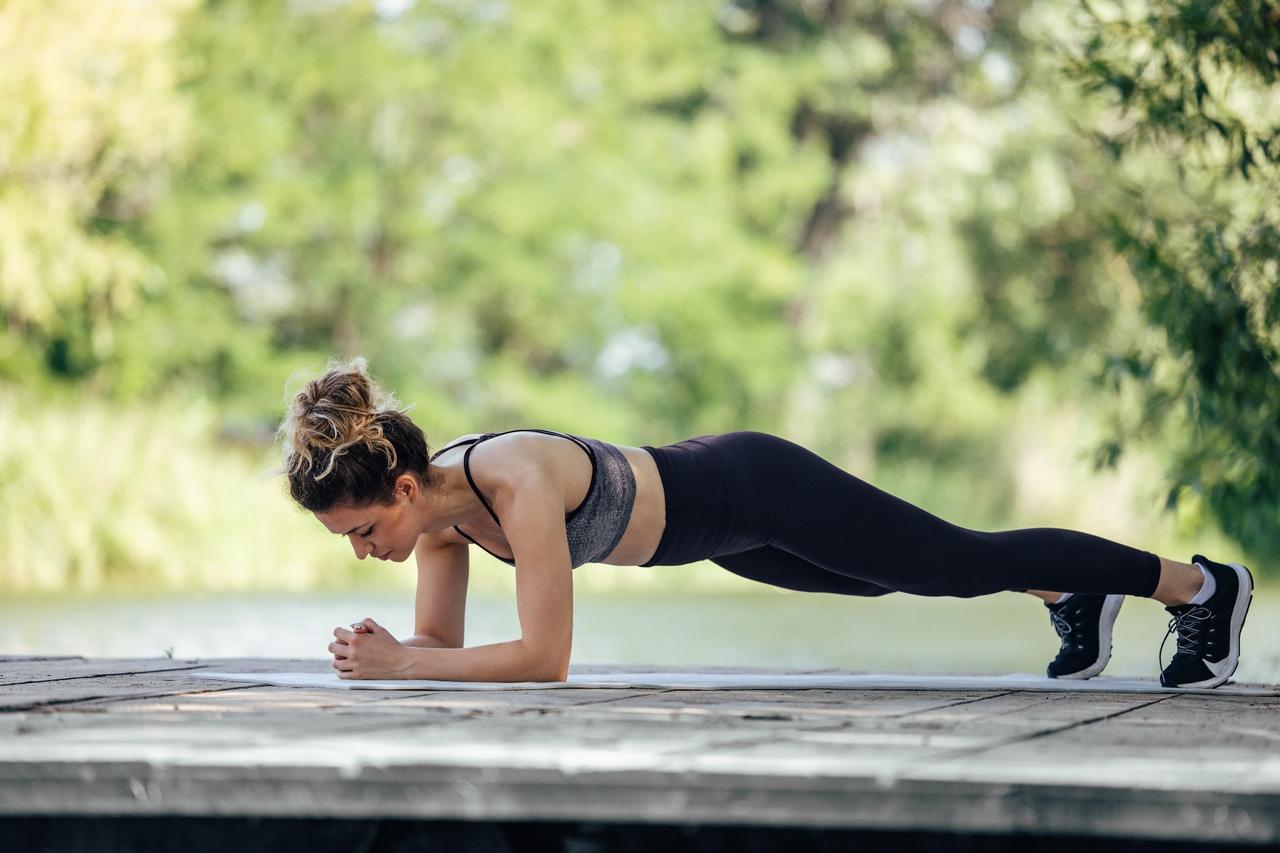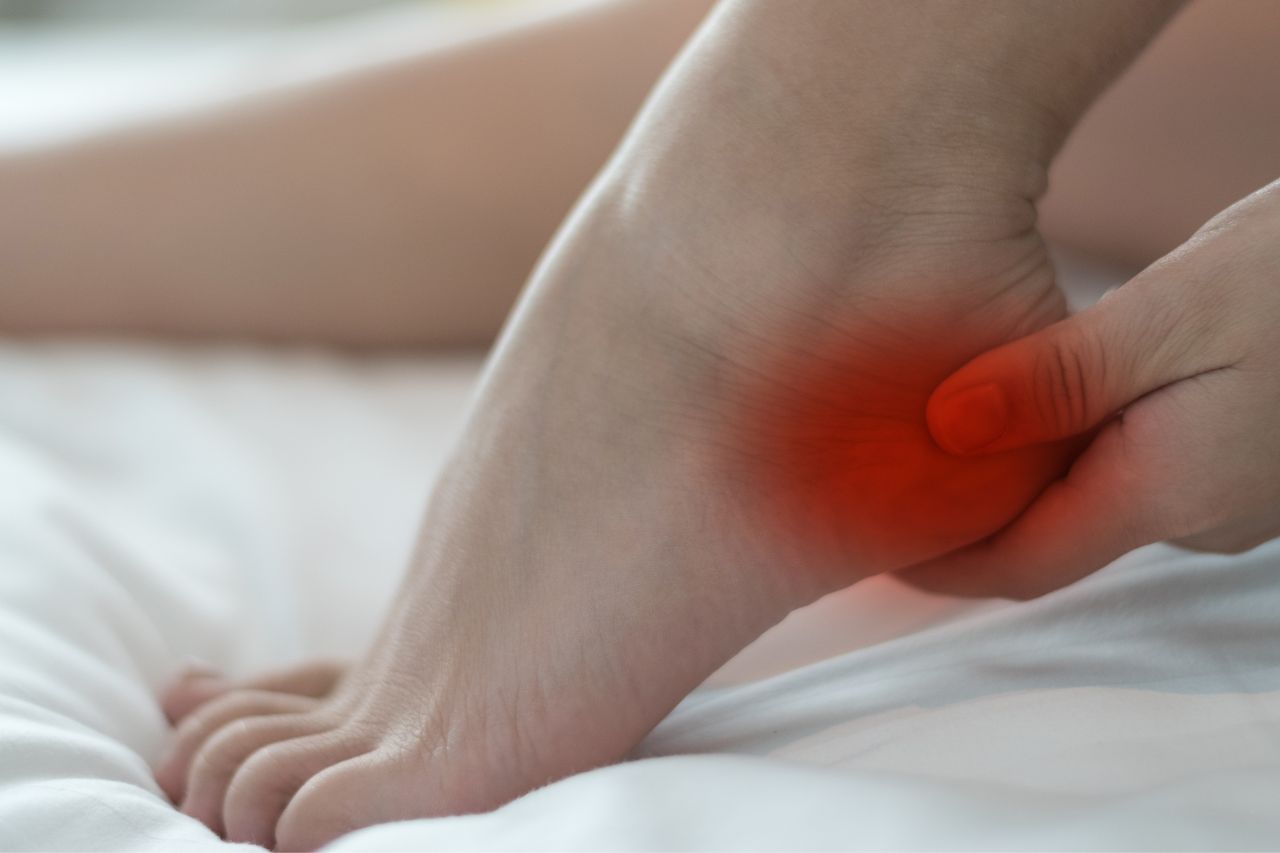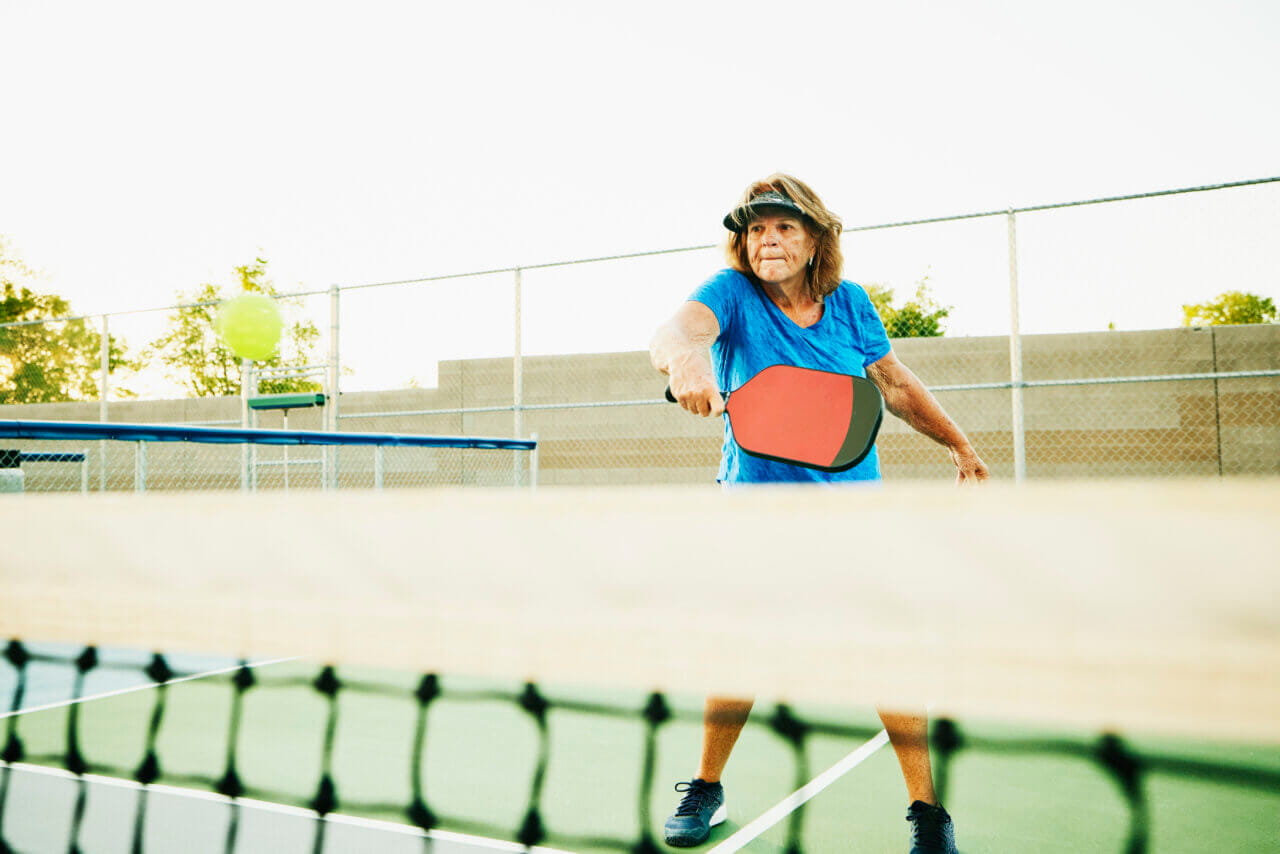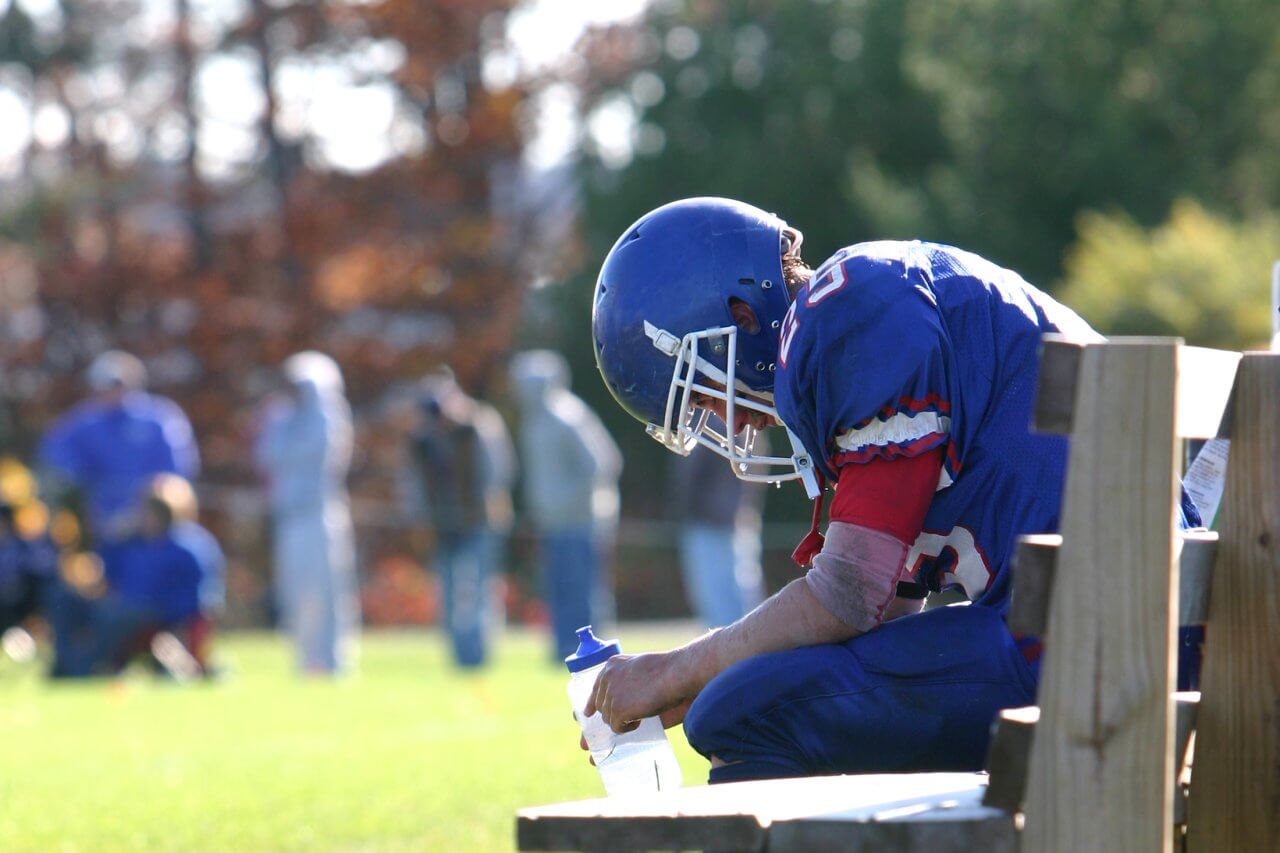How Core Strength Enhances Pickleball Performance

If you ask someone to identify the muscles that are most important for performing well in pickleball, many will likely say those in the legs or arms. That’s understandable, as those muscle groups play major roles in enabling you to move quickly and efficiently around the court and make good shots.
However, one area that often gets overlooked is the core muscles. This term refers to various muscles in the abdomen, back and hips. They are essential for functions like balance, stability and posture.
This article explains how core strength supports better pickleball play.
What Are the Core Muscles?
If you research core muscles, you’ll see names like:
- Rectus abdominis
- External oblique
- Internal oblique
- Transverse abdominis
- Erector spinae
- Multifidus
- Hip flexors
- Gluteal muscles
Of course, you don’t need to know the muscle names or their functions to play pickleball or work on your core muscles. What’s important to understand is that several muscles are functioning to keep you upright and stable as you play, and increasing your core strength can improve your performance on the court.
For example, the rectus abdominis muscles (the so-called “six-pack” muscles) run along the front of the abdomen and help flex the spine. The external and internal obliques work in opposition to one another, helping you rotate your torso and lean left or right. If any of your core muscles are weak, the movements they facilitate won’t be as sharp and efficient as they could be.
Core Strength and Pickleball: How It Improves Your Game
Stability and Balance
Strong core muscles create a sturdy foundation for your play. They help you maintain your balance with movements like lunging for a shot, pivoting and changing direction quickly. A strong core can also improve your footwork and reduce the risk of falls.
In addition, good core strength enables you to hold the “ready position” as you await a shot. It’s a stance where you have your feet shoulder-width apart, your knees slightly bent, your weight on the balls of your feet, and your back straight and relaxed. This position maximizes your ability to react effectively to your opponent’s serve or shot.
Power
When play calls for a forceful shot, you engage your core muscles and rotate your torso to generate power. Core strength allows you to produce that force, but, importantly, in a smooth, controlled way, enabling greater precision and better shot placement.
Injury Prevention
Strong core muscles help you avoid injuries in multiple ways. They improve your balance and stability, helping you avoid falls and the resulting injuries. Core strength also improves your posture and prevents excessive stress and strain on the discs and ligaments in your back, reducing the risk of long-term back injuries. In addition, strong core muscles increase endurance and help you avoid fatigue, which is important since fatigue increases injury risk.
Improved Agility
Pickleball is a fast-paced sport. Players who can react quickly and move smoothly enjoy better performance. Enhanced agility also benefits decision-making, as it can give you an extra split second to decide how you want to play a shot.
How to Strengthen Your Core
You can improve your core strength with just a few minutes of regular exercise, such as every other day. There are plenty of resources available online with descriptions and videos of exercises like:
- Abdominal crunches
- Bridges
- Planks
- Bird dogs
- Supine toe taps
- Mountain climbers
- Bicycle crunches
Learn More About Core Strength for Pickleball From Baptist Health
New to pickleball and want to confirm you’re healthy enough to play? Already playing and looking to increase your core strength to improve your performance? Your healthcare provider can answer your questions.
If you don’t have a Baptist Health provider, our online directory is an excellent resource for finding one.
Next Steps and Helpful Resources
Learn More About Orthopedic Care at Baptist Health
Is Pickleball Good Exercise?
Pickleball Pros and Cons for Your Health
Pickleball Injuries



